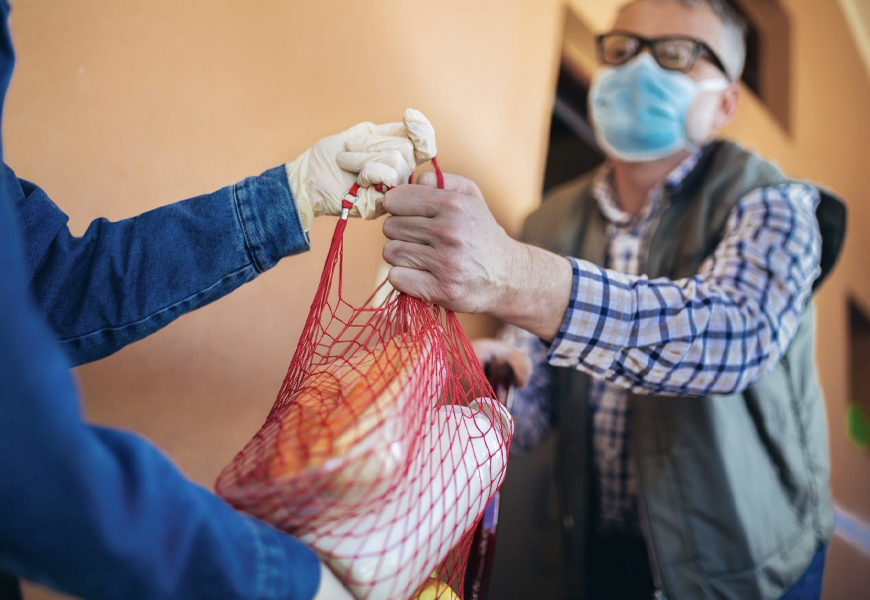(Visited 82 times, 1 visits today)
COVID MICRO BRIEFING – DISABLED COMMUNITIES

Written by admin• November 30, 2021• 11:17 am• A FAIRER MORE EQUAL GLASGOW, COVID RECOVERY, DISABLED COMMUNITIES, PERFORMANCE INDICATOR LINKAGE, RESILIENT COMMUNITIES

Summary
The article below summarises a micro briefing produced by GCPH, which presents a range of evidence of the disproportionate impact of the COVID-19 pandemic on disabled communities.
Making A Difference
The micro briefing has been widely disseminated amongst city leadership structures and committees, with the intention of informing and advising the development of future policy and initiatives.
This is the first in a series of COVID-19 micro briefings developed by the Glasgow Centre for Population Health and Policy Scotland and written in collaboration with expert partner agencies.
The micro briefing presents a review of the evidence, and the implications for policy, practice and further research.
It highlights the urgency of ensuring that the voices of disabled people are clearly heard within all aspects of inequalities-focussed policy, practice and research responses to the pandemic.
This micro briefing has been written with the Glasgow Disability Alliance (GDA) – a disabled people led organisation with over 5,000 members across Greater Glasgow. GDA provides a range of support services for disabled people including fully accessible learning, coaching, and events designed to connect disabled people with each other, with opportunities and with decision makers
A copy of the full micro briefing is available on the Policy Scotland website here.
If you require this publication in a different format, such as a plain text version, accessible PDF, audio, braille, BSL or large print, please email info@gcph.co.uk.